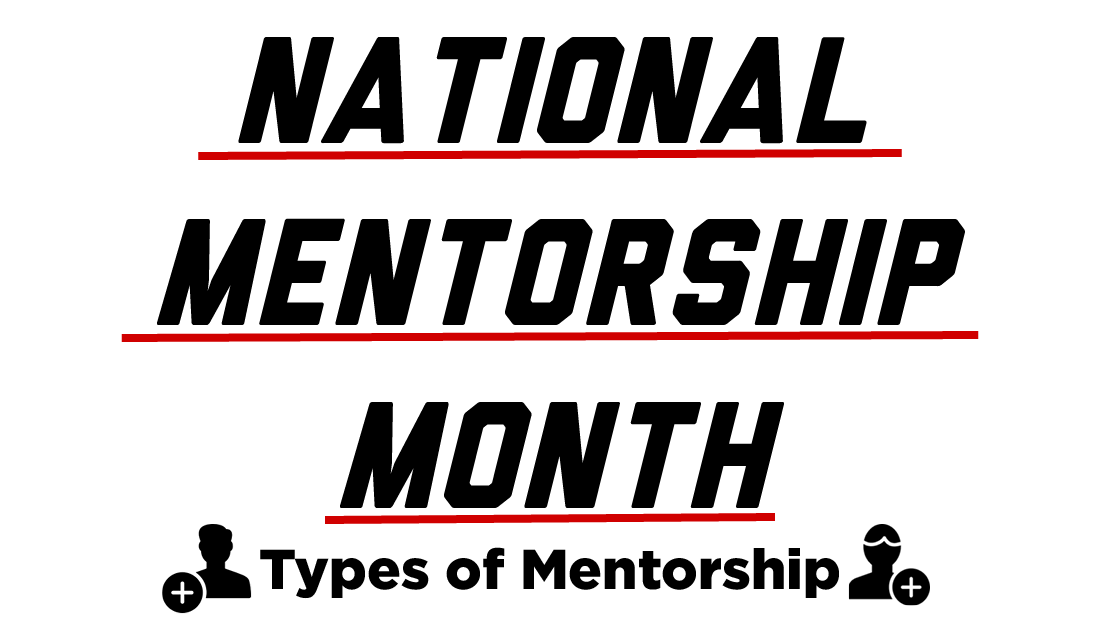
When it comes to mentorship, there are many different types of mentors you can have. Different types of mentorship take into account length, experience level, formality, and so much more. If you're interested in learning what type of mentor might be right for you, read the Business Career Center's list below on the types of mentors you may have.
Formal - Structured process; usually lasts for a specific amount of time and then ends 9-12 months (although the relationship could turn into informal mentorship); established through an employer or professional organization related to your industry. Defined goals typically are developed and the pairing of mentors and mentees is strategic. The focus leans towards professional growth, career advancement and mobility.
Informal - Little structure; the mentee seeks out someone to mentor them through self-selection. The relationship could turn into a friendship and last for a number of years. Goals set in the relationship are often unspecified and the focus leans towards gaining insight, knowledge, wisdom, friendship, and support.
Flash Mentorship - One-time discussion that enables an individual to learn and seek guidance from a more experienced person who can pass on relevant knowledge and experience. The purpose is to provide a valuable learning opportunity for less experienced individuals while requiring a limited commitment of time and resources from the professional. The time commitment is usually around one hour. Informational interviews or general networking are examples of flash mentorship. Use Husker Connect to participate in flash mentorship.
Situational - Short-term discussion that happens for a specific purpose. The mentee is in need of guidance or advice in a timely manner. An example of situational mentorship is seeking assists with developing a skill or tackling a situation.
Peer - Individuals at the same level providing skill training or individuals in similar positions providing support, empathy, and advice (such as employer affinity groups). Individuals may be in a similar stage of their career or may have lived experience which they will pass on to the other person. Typically, Peer mentorship is not hierarchical.
Reverse - Generational mentoring that focuses on learning from each other's perspectives and experiences. It is common for more experienced professionals to be mentored by a junior professional as the junior professional has more knowledge or skills that the more experienced person aims to learn.
If you want to learn more about having a mentor or ways you can access one, click the link below to schedule an appointment with a career coach: https://business.unl.edu/current-students/business-career-center/